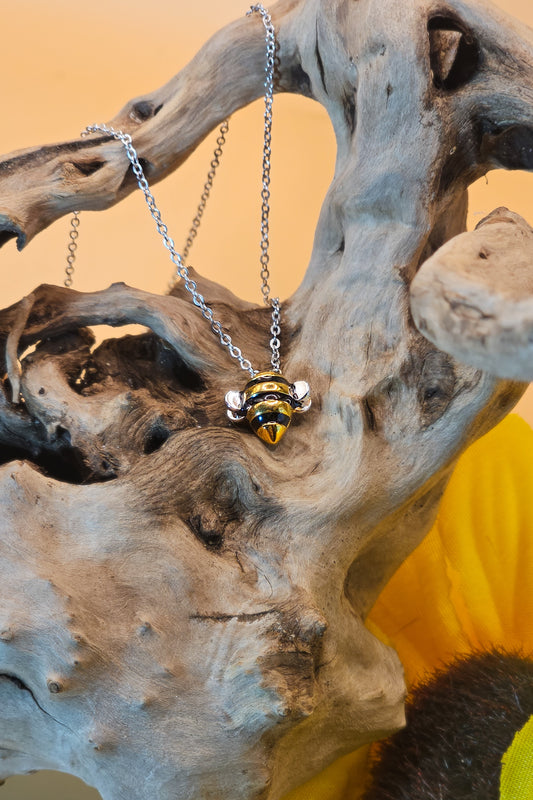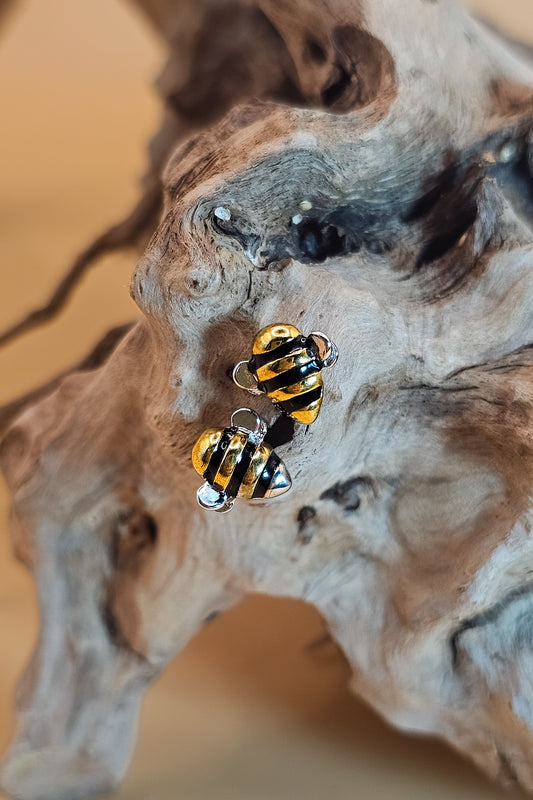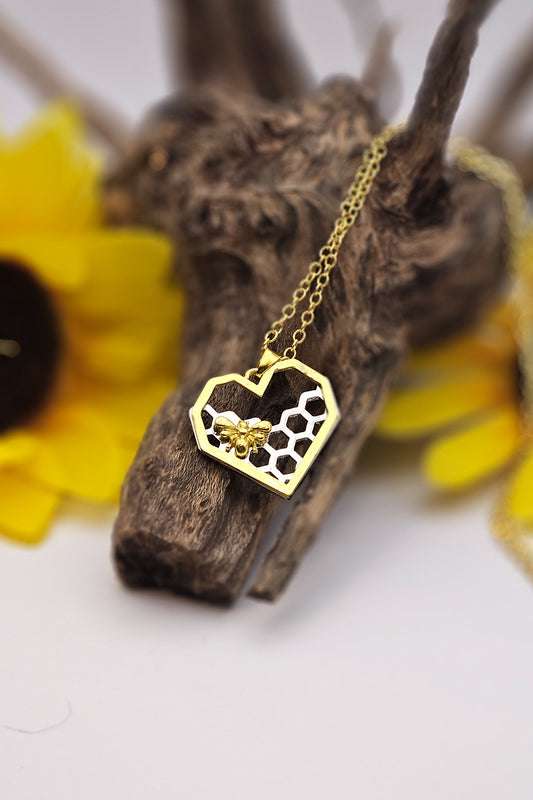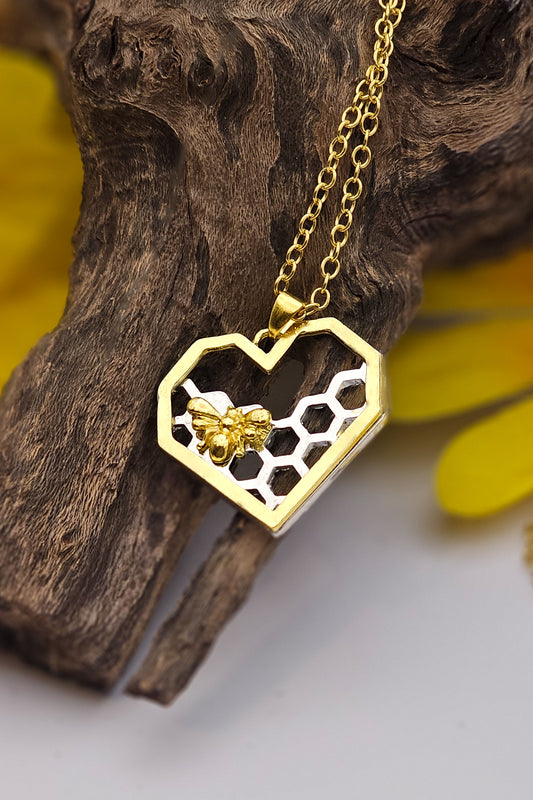Greece consistently produces some of the finest honey in the world. At the 2019 London Honey Awards, Greek apiaries took home 3 of the 5 platinum prizes, along with 17 other awards for excellence.
Honey isn’t just a luxury here—it’s part of daily life. The average Greek consumes 3.6 pounds of honey annually, the highest rate in Europe and more than double what the average American eats.
Despite lingering economic challenges after the debt crisis, Greece’s beekeeping sector is thriving. Based on a 2013 study, the country once had the highest density of bee colonies in Europe, and today it ranks just behind Hungary with 11.4 colonies per square kilometer. For comparison, the United States has only one colony per twice that area—an enormous gap that highlights how differently bees are faring across the globe.
A Mythological Beginning
The Greeks have loved honey since antiquity. Mythology tells us the first beekeeper was the demigod Aristaeus, raised on nectar and ambrosia—the food of the gods—by Nymphs. He is said to have invented the first hive and bee suit, and to have shared beekeeping knowledge with humankind.
Even if myth isn’t your guide, history confirms the bond. Archaeologists in Athens have excavated pottery cylinder hives dating back to 400 BCE, and records from as early as 1500 BCE show laws punishing hive theft with steep fines—proof of how valuable bees were to ancient societies.
On Mount Olympus, home of the gods, colonies still produce honey rich in antioxidants, antibacterial compounds, and even anti-cancer properties, according to modern Greek scientists.
The Secret of Greek Honey’s Success
Why does Greek honey stand out? A key factor is the bees’ diet of wild herbs and endemic plants.
-
In the Taygetos Mountains of the Peloponnese, bees forage among wild cherries, purple thyme, and yellow irises.
-
Greece’s geography—its islands, peninsulas, forests, and dry mountains—creates countless microclimates where diverse plants thrive.
-
According to the Convention on Biological Diversity, 22.1% of Greece’s 5,700+ plant species are unique to the country.
These plants are not only abundant but also chemically potent. For example, oregano from the island of Chios contains the world’s highest recorded levels of carvacrol, a powerful antibacterial compound. When bees collect nectar from these herbs, they produce honey rich in health-promoting properties.
Why Greek Hives Are Thriving
While much of the industrialized world battles colony collapse disorder (CCD), Greece’s hives remain relatively strong.
-
In 2017, a study ranking 17 European countries placed Greece among the lowest for colony collapse rates.
-
The European Commission has reported colony losses exceeding 50% in some member states, while Greek bees have remained more resilient.
-
In the US, the Bee Informed Partnership (2024 update from the World Animal Foundation) reported 48.2% annual hive losses, with heavy impacts from pesticides, monocultures, and Varroa mite infestations.
In contrast, Greek bees thrive in landscapes rich with wildflowers, herbs, and nutrient-dense forage, largely free from the monoculture-driven chemical stress that plagues North American bees.
A Stark Contrast: The US vs. Greece
Consider North Dakota, home to nearly 20% of US bee colonies. In 2014, its 500,000 colonies produced 42 million pounds of honey. But today, grasslands are disappearing, replaced by corn and soybean fields planted with genetically engineered, pesticide-resistant seeds. Chemicals eliminate nectar-rich weeds and wildflowers, depriving bees of food and poisoning hives.
Meanwhile, Greece’s bees forage freely on diverse, chemical-free landscapes, producing honey so rich and flavorful that it continues to win global acclaim.
A Sweet Legacy
From Aristaeus and Mount Olympus to modern award-winning apiaries, Greece’s history with bees is unparalleled. Its unique landscapes, endemic plants, and millennia of tradition ensure Greek honey remains a golden treasure—one that even the gods would savor today.
About Bee Mission 🐝
At Bee Mission, we celebrate the incredible bond between bees and humanity. From the rare herbs of Greece to the wildflowers in our own backyards, bees sustain life and create the sweet treasures we love. Yet, around the world, bee populations are under threat from pesticides, habitat loss, and climate change.
That’s why every purchase from Bee Mission helps build, sponsor, and sustain new hives. Our mission is to protect pollinators, support beekeepers, and ensure future generations can enjoy the gift of honey.








